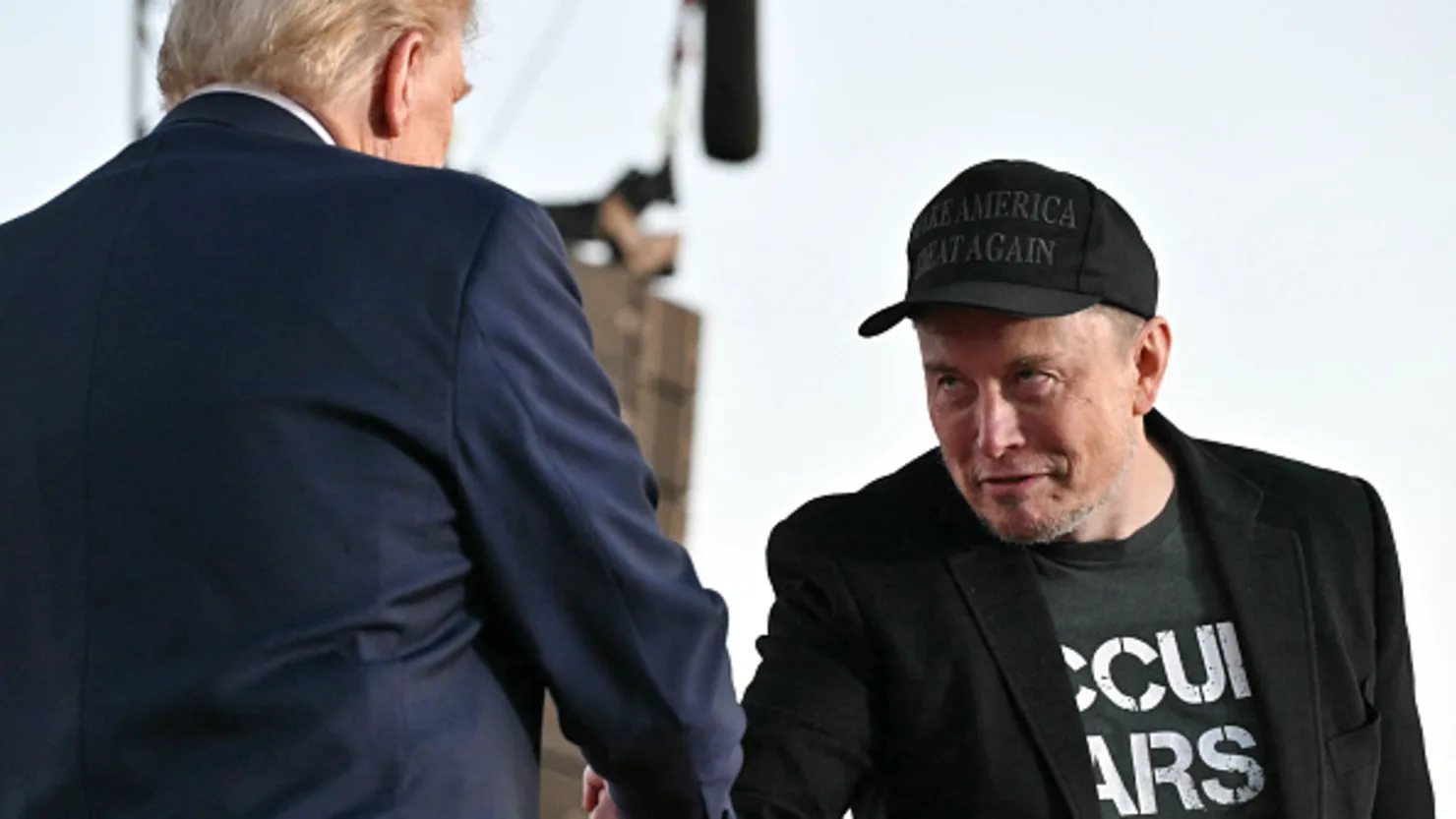“Joint Presidency” Criticism: How Far Will Elon Musk’s Involvement in Politics Go?
In recent weeks, Elon Musk has faced backlash for his increasing involvement in political discourse, particularly regarding his controversial proposal for a “joint presidency” between the U.S. and Ukraine. This idea has sparked intense debate, raising questions about the implications of a private individual’s influence on national and international politics.
Context of Musk’s Political Involvement
Background on Musk’s Influence
Elon Musk, the CEO of Tesla and SpaceX, has long been a polarizing figure, known for his groundbreaking innovations and often controversial statements. His presence on social media platforms, especially Twitter (now X), has allowed him to engage directly with the public and political figures, often blurring the lines between business and politics. Recently, Musk’s comments regarding global governance have drawn significant attention.
The Proposal for Joint Presidency
Musk’s suggestion of a “joint presidency” between the U.S. and Ukraine was made in the context of the ongoing conflict between Ukraine and Russia. He posited that such a governance structure could facilitate peace negotiations and strengthen ties between the two nations. However, many have criticized this idea as impractical and indicative of Musk’s overreach into political matters.
Public and Political Reactions
Criticism from Political Leaders
Musk’s proposal has been met with swift criticism from various political leaders and commentators. Critics argue that a private citizen proposing such a significant political arrangement undermines democratic processes and the sovereignty of nations. They express concerns that Musk’s wealth and influence could skew political discourse and decision-making in ways that are not representative of public interest.
Concerns Over Corporate Influence
The backlash also highlights broader concerns about the influence of billionaires in politics. Many fear that individuals like Musk, with extensive resources and platforms, can wield disproportionate power over political outcomes. This raises questions about accountability, transparency, and the potential for conflicts of interest, especially when business interests may intersect with political agendas.
The Implications of Musk’s Political Engagement
Impact on U.S.-Ukraine Relations
Musk’s involvement in discussions related to U.S.-Ukraine relations could have unintended consequences. While his intentions may be to promote peace, the perception that a billionaire is influencing diplomatic negotiations could complicate official channels and undermine the credibility of both U.S. and Ukrainian leadership. It may also affect public support for continued aid to Ukraine, as opinions on Musk’s proposals vary widely.
The Role of Social Media
Musk’s use of social media to express political opinions and proposals exemplifies the power of digital platforms in shaping public discourse. His ability to reach millions instantly can amplify his ideas, but it also raises questions about misinformation and the responsibility of influential figures to engage thoughtfully in political matters. The potential for viral misinformation can further complicate the political landscape.
Moving Forward: Navigating the Intersection of Business and Politics
Calls for Regulation
In light of Musk’s controversial statements, there have been renewed calls for regulations regarding the political activities of corporate leaders. Advocates argue that clearer guidelines are needed to prevent undue influence on public policy and ensure that democratic processes remain intact. This could involve stricter campaign finance laws or limitations on the political activities of corporate executives.
The Need for Responsible Engagement
As influential figures like Musk continue to engage in political discourse, there is a growing need for responsible engagement. This includes recognizing the boundaries between business interests and public service, as well as understanding the potential consequences of their proposals on global politics. Encouraging constructive dialogue that respects democratic norms will be essential in navigating this complex landscape.
Conclusion
Elon Musk’s proposal for a “joint presidency” between the U.S. and Ukraine has sparked significant criticism and debate about the role of private individuals in politics. As the lines between business and politics continue to blur, the implications of Musk’s influence will need to be carefully examined. Ensuring that democratic processes are upheld and that public interests remain at the forefront of political discourse will be vital as society navigates these challenges.
